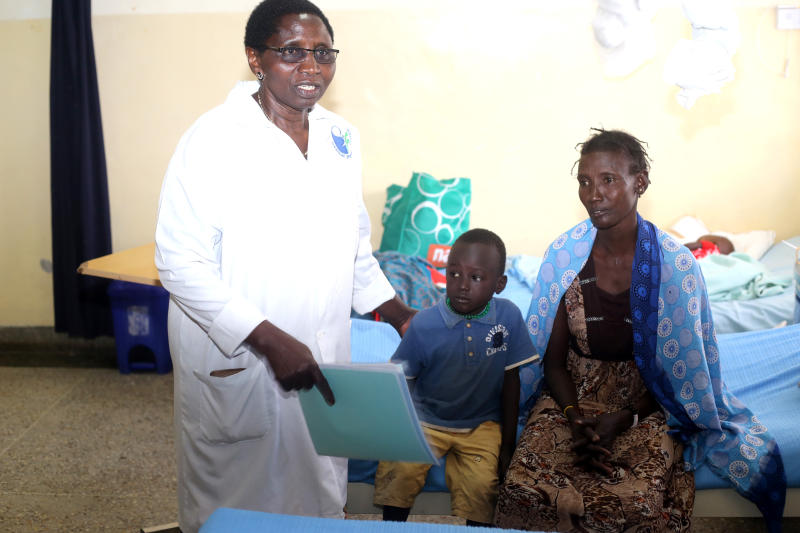×
The Standard e-Paper
Home To Bold Columnists

Kenya has gained global notoriety as one of the countries detaining patients who are unable to settle medical bills.
According to a study published by Centre on Global Health Security in the United Kingdom, Kenya is now in the ranks of Nigeria, Ghana, Democratic Republic of Congo, Uganda, Zimbabwe, and Liberia, which are infamous for confining patients.